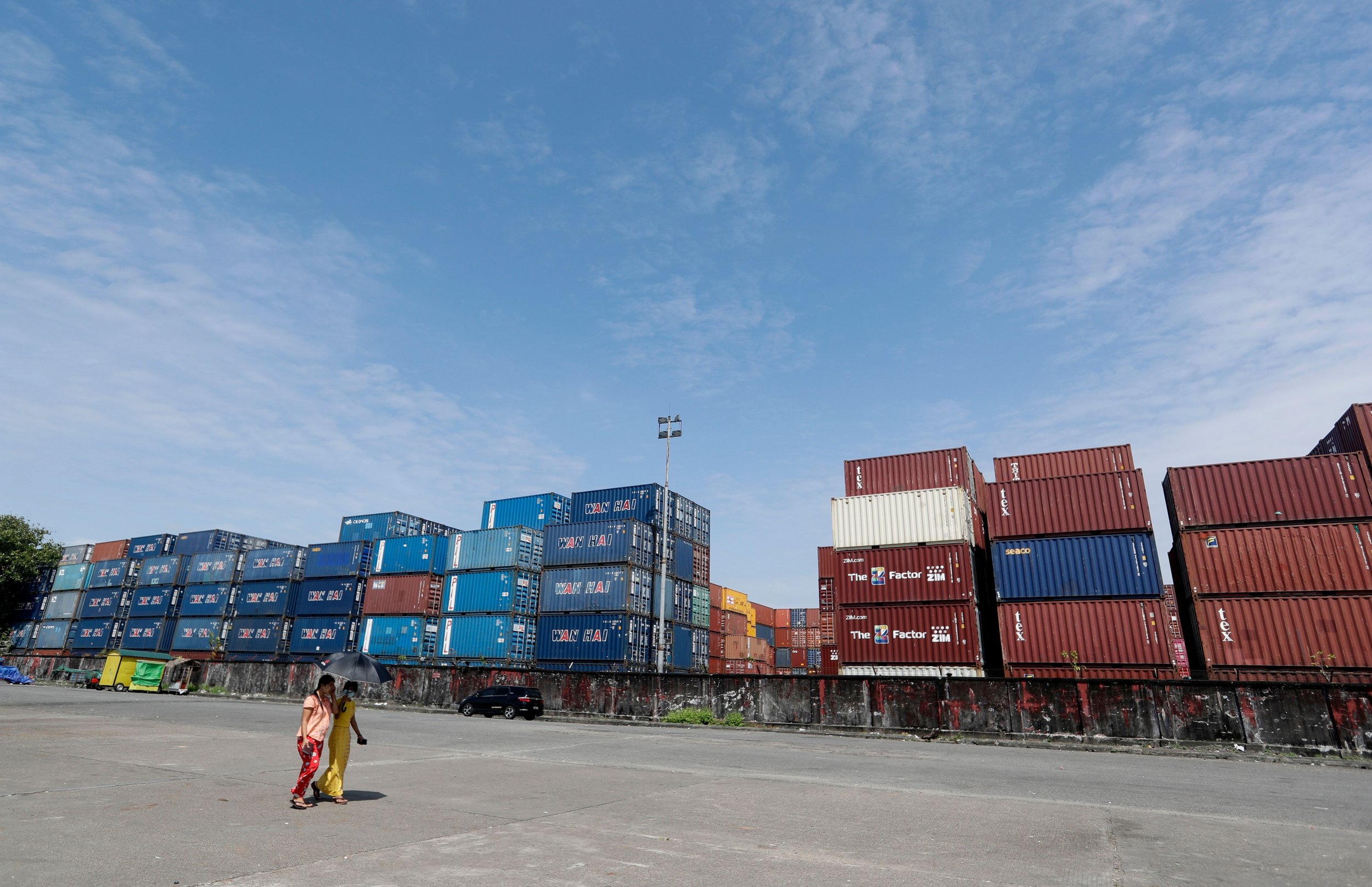PUBLICATIONS
Addressing Illicit Financial Flows in East and Southern Africa
In this phase of the SOC ACE project “Unlocking the black box of political will on IFFs: going beyond technical responses”, the research analyses whether the ‘IFFs pyramid’ proposed by the GI-TOC (Reitano, 2022) is applicable to and useful for researchers seeking to understanding illicit financial flows in various settings around the world but especially in regions where greater levels of informality exists, such as East and southern Africa.
Michael McLaggan
January 2024
Combating money laundering: does implementing the Financial Action Task Force recommendations bite?
The Financial Action Task Force (FATF) focuses on combatting money laundering. In February 2012, it codified its recommendations, ‘FATF Recommendations 2012’, consisting of a framework of measures and international standards to combat money laundering and terrorist financing. Once a country agrees to follow the recommendations, it has to produce its anti-money laundering (AML) framework that FATF can assess. In this paper, we attempt to answer a simple question: is this working? We look at a group of eight countries in Africa and the Middle East that in the 2012– 2020 period have voluntarily agreed to implement these recommendations and test whether suspected illicit financial flows (IFF), measured through the trade-gap methods, decline after the decision to implement FATF recommendations. Our results point to a reduction of the trade gap characterising tax avoidance through import under-invoicing and/or Trade Based Money Laundering (TBML) through export over-invoicing.
Sami Bensassi & Arisyi Fariza Raz
May 2022



